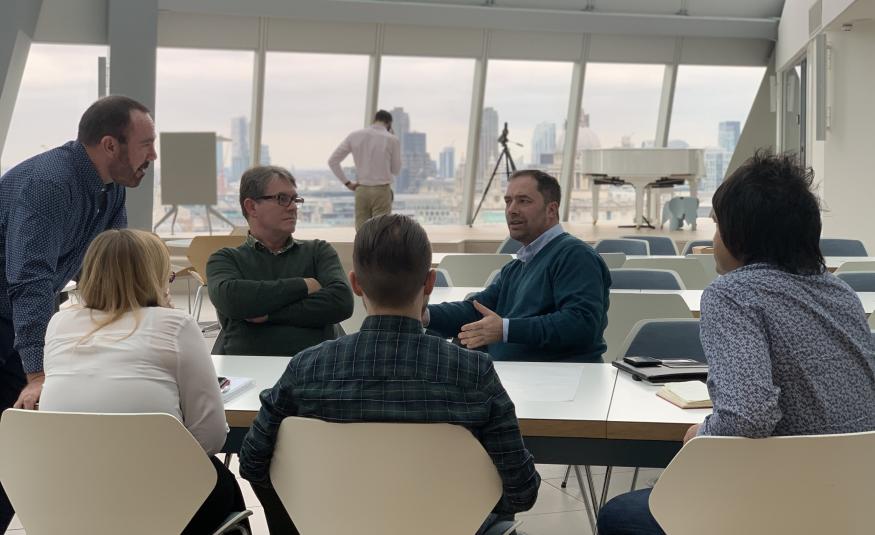The UK's Event Industry Alliance (EIA), comprising the Association of Event Organisers (AEO), the Association of Event Venues (AEV) and the Event Suppliers and Services Association (ESSA), has launched a new sustainability commitments framework.
Originally conceived in the cross-association Sustainability Working Group in 2019, the objective of developing a self-scoring system of sustainability commitments began with the help of sustainability specialists The MICE Machine, which held a series of workshops at Informa PLC, funded by Olympia London.
The cross-association Sustainability Commitments are inspired by Informa’s own sustainable event fundamentals, which it has open-sourced.
The chair and vice-chair of the Sustainability Working Group in 2019, Martin Cottrell, A1 Event Cleaning Services, and Lucille Ryan, Informa PLC, then led the group to analyse how sustainability concepts pertained to specific sectors and practices.
The research was then composited into a set of viable sustainability principles for venues, organisers and suppliers.
Rachel Parker, AEV director and EIA board member, explained how the commitments would work: "These are not prescriptive rules or membership requirements - they are a confidential guidance tool for event industry businesses to measure and chart their own sustainability progression against a carefully selected set of criteria, relevant to their field of work."
Parker added: "Whether businesses have widely implemented sustainability policies, or whether they are just starting out on the road, these commitments are a fundamental route towards meeting sustainability goals."
Lucille Ryan, chair of the working group since 2020, said: "For the first time the event industry has a set of common sustainability commitments with sector specificity.
“The framework we have developed will allow our members to build on their own sustainability practices, identify areas that need focus, and take advantage of a library of resources and advice that will be under constant development.
“Sustainability practice can move quickly as new materials, facilities and technologies become available, and the working group will be working continuously to evolve these commitments over time, and build case studies to bring them to life."





